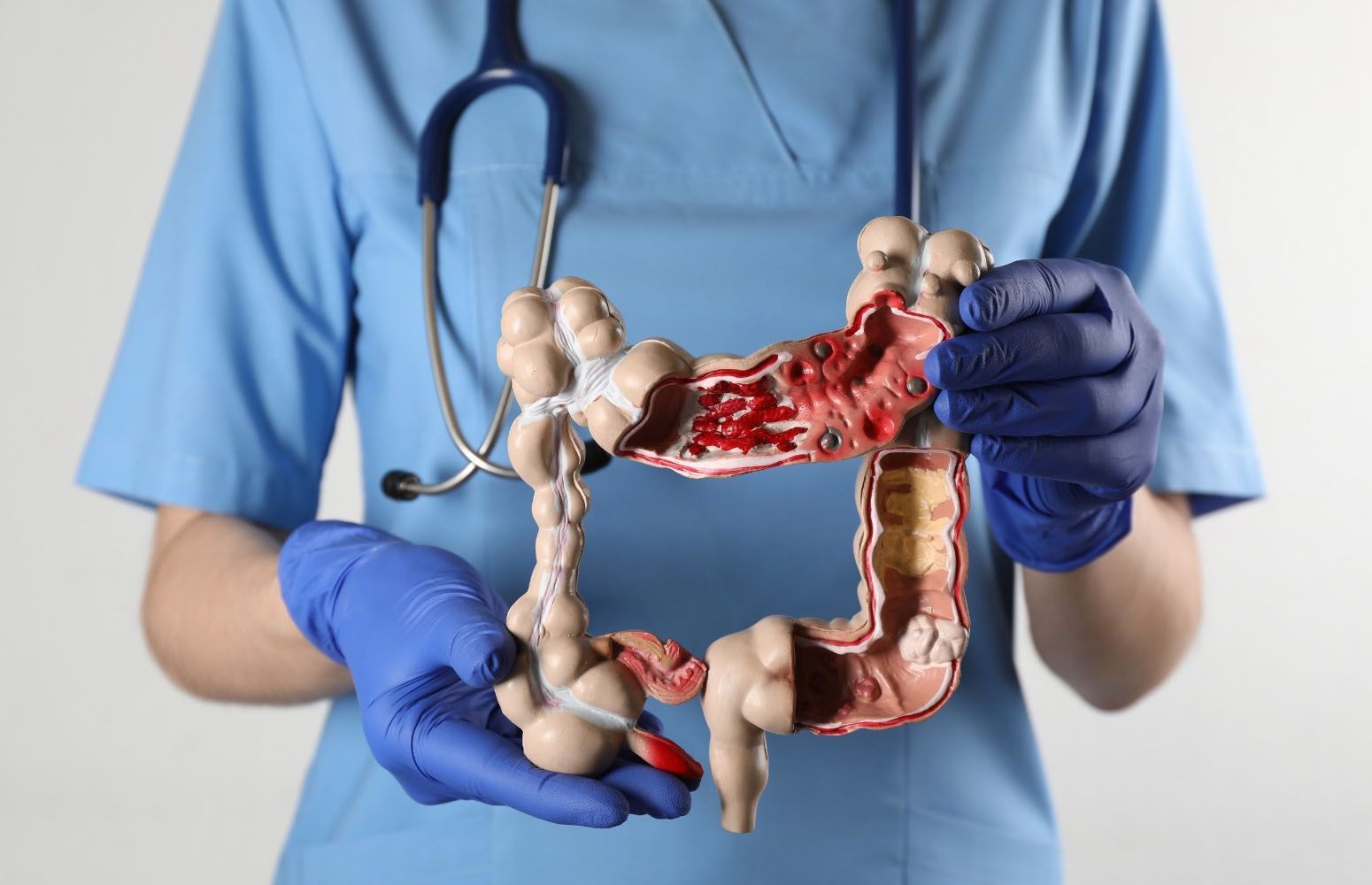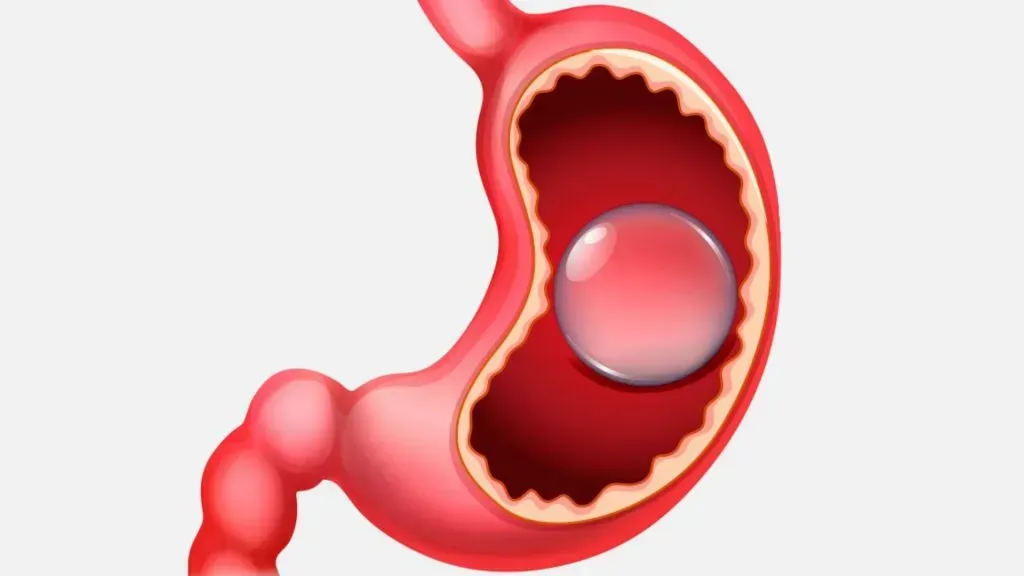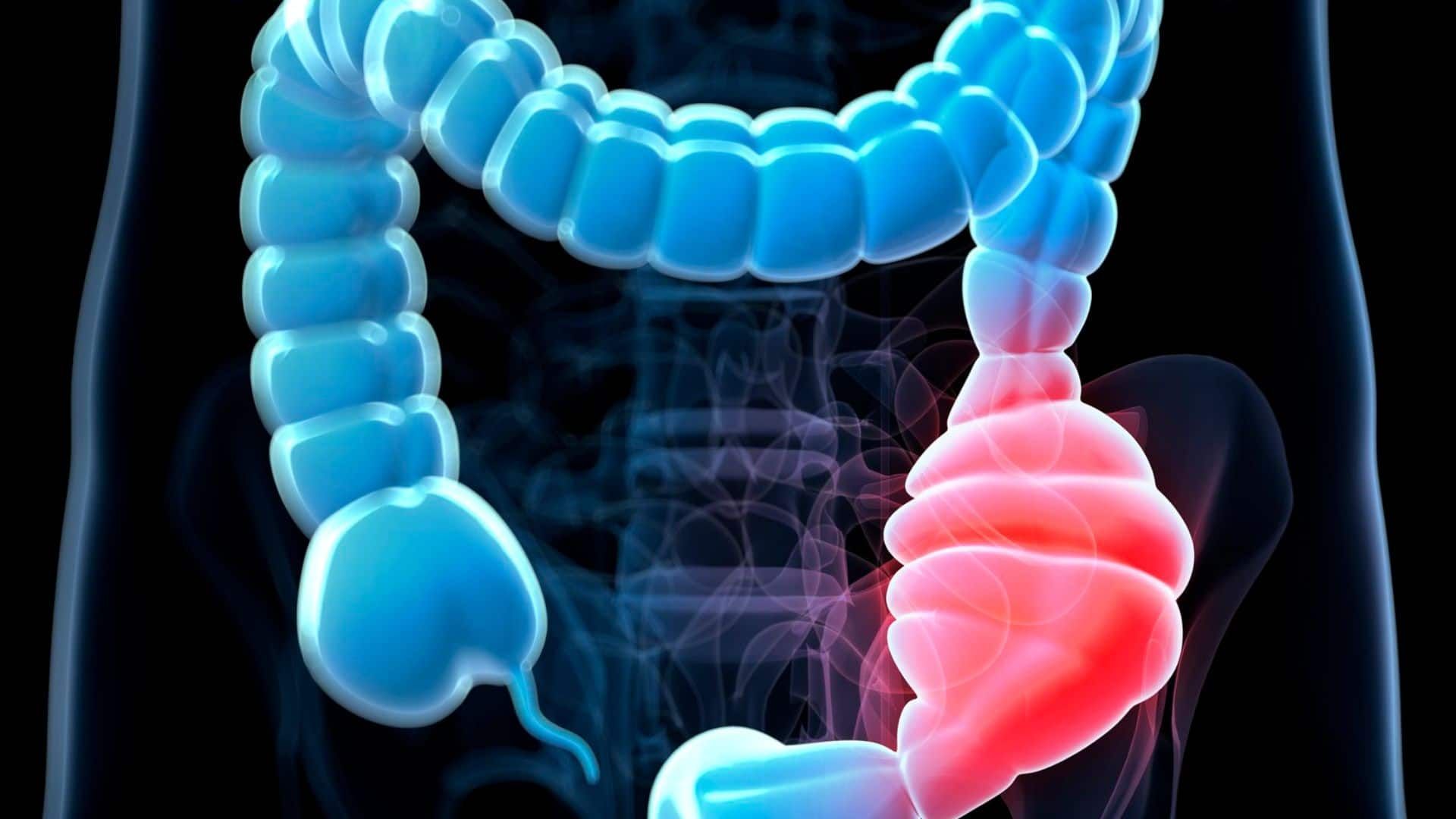Understanding Rectal Bleeding and Hemorrhoids: Treatment Options and Prevention
Rectal bleeding can be a concerning symptom often associated with conditions like hemorrhoids. In this article, we will delve into the causes of rectal bleeding, particularly related to hemorrhoids, and explore treatment options and preventive measures. Understanding how to manage rectal bleeding and hemorrhoids is essential for maintaining digestive health and overall well-being.
Unraveling the Link Between Hemorrhoids and Rectal Bleeding:
Rectal bleeding is a common symptom of hemorrhoids, which are swollen veins in the rectum and anus. Other causes of rectal bleeding may include anal fissures, inflammatory bowel disease, or colorectal cancer. Understanding the underlying cause of rectal bleeding is crucial for appropriate management.
Diagnostic Procedures: The Role of Colonoscopy:
Colonoscopy is a diagnostic procedure that allows healthcare providers to visualize the colon and rectum, identifying any abnormalities or sources of bleeding. In cases of persistent or severe rectal bleeding, a colonoscopy may be recommended to rule out more serious conditions and confirm the presence of hemorrhoids.
Treatment Approaches for Hemorrhoids:
Treatment for hemorrhoids may include lifestyle modifications, topical medications, minimally invasive procedures like rubber band ligation or sclerotherapy, and in severe cases, surgical intervention. The choice of treatment depends on the severity of symptoms and the type of hemorrhoids present.
Preventive Strategies for Managing Rectal Bleeding:
Preventing rectal bleeding associated with hemorrhoids involves maintaining good bowel habits, incorporating fiber-rich foods into the diet, staying hydrated, and avoiding straining during bowel movements. Regular exercise and prompt treatment of hemorrhoidal symptoms can help prevent recurrent episodes of rectal bleeding.
In conclusion, understanding the relationship between rectal bleeding and hemorrhoids is essential for effective management and prevention. By exploring treatment options, undergoing diagnostic procedures like colonoscopy when necessary, and adopting preventive strategies, individuals can take proactive steps towards maintaining digestive health and seeking timely medical attention when needed.










